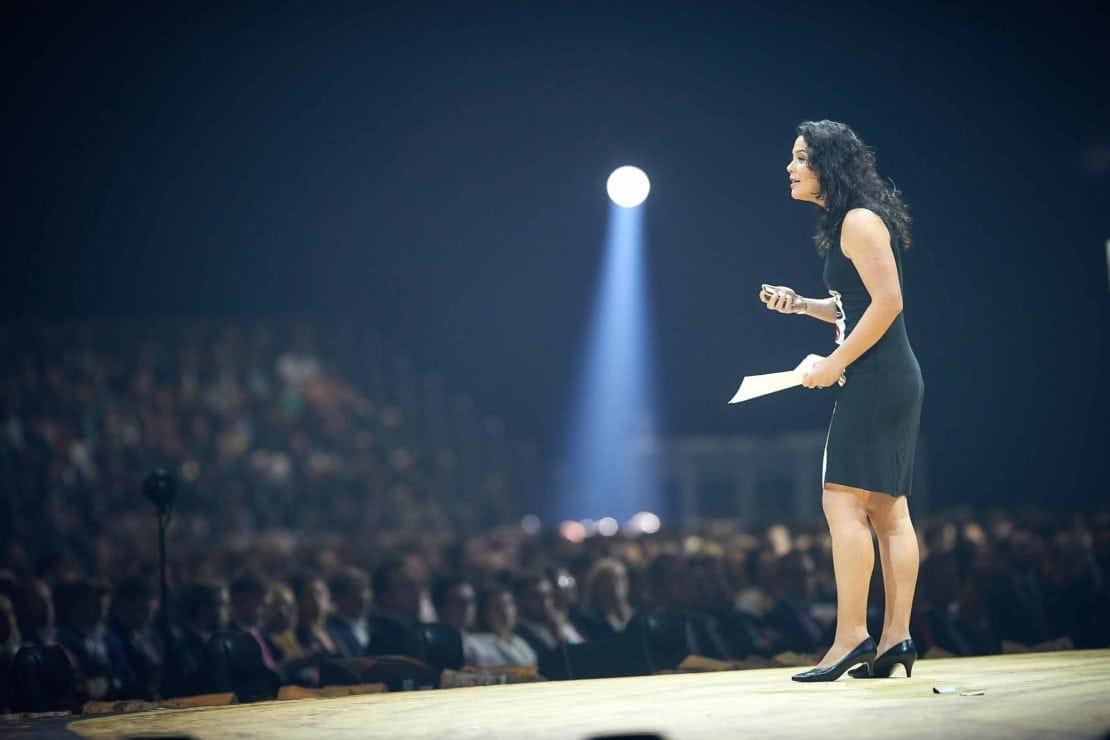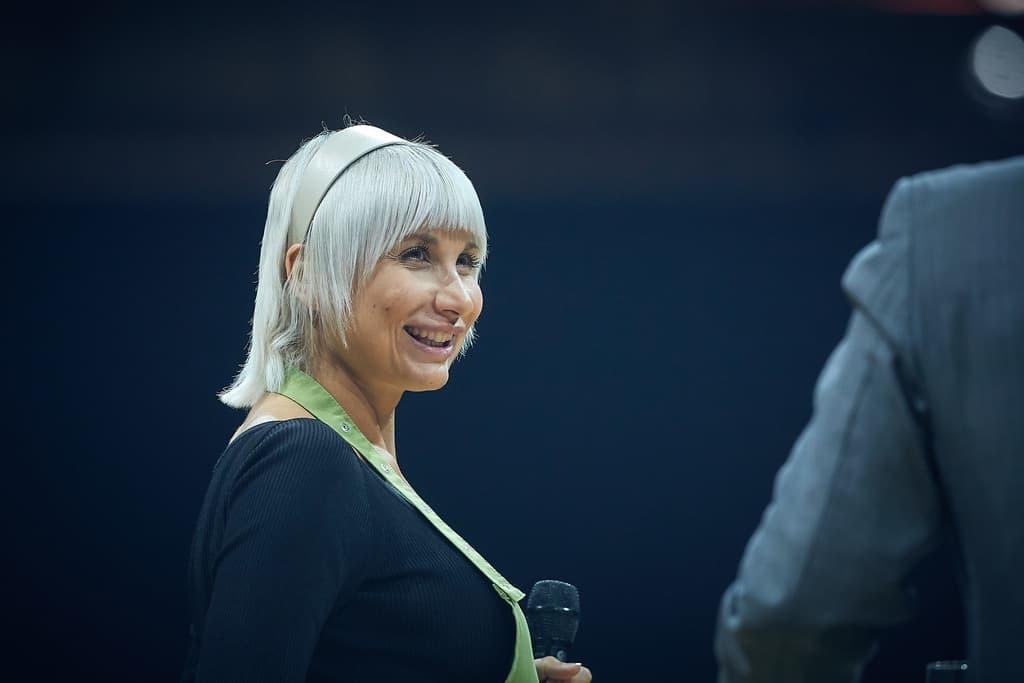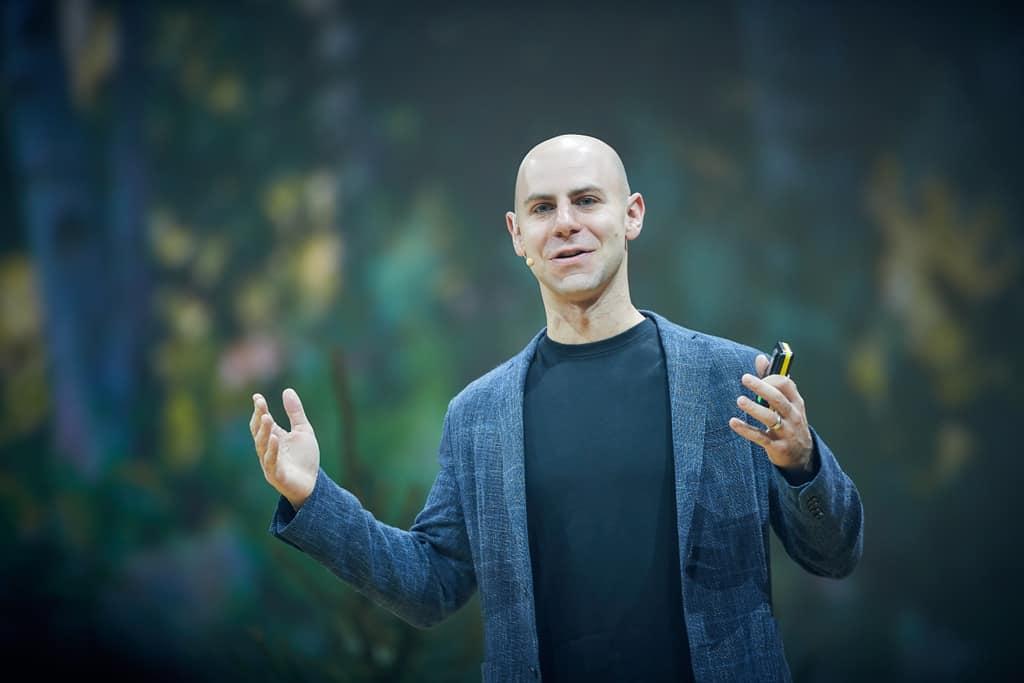4Feb2018
The future of the world and mankind is at risk of total extinction if global economic systems continue as they are. We need to look to our humanity to give our children the futures they deserve.
Our current global economic system is more vast and wide-reaching than it has ever been before. But for all its gains in industrialization, modernization, and innovation, the world has lost significantly in terms of human values and the environment, with troubling consequences for future generations.
Author and environmental activist Severn Cullis-Suzuki noticed this happening from a young age. Seeing forests leveled in her home country of Canada and growing up amongst talk of acid rain and the hole in the ozone layer led her to set up the Environmental Children’s Organization when she was nine years old.
The group fundraised for non-profits, did beach clean-ups, and got themselves to the Earth Summit in Rio de Janeiro. They were invited to address the plenary session, and so a 12-year-old Cullis-Suzuki stood in front of world leaders and asked them for intergenerational justice, to make their actions reflect their words.
She asked them to be who they said they were.
More than two decades later, she stood in front of business leaders at the Nordic Business Forum 2017 and talked about the importance of bringing humanity back into our world economy.
“Our technology has sent us to the stars. It has healed our beating hearts. We can even read our future in our blood,” she said.
“But at the same moment, no other generation has stood to lose what we do now. Somehow, our current iteration of our global operating system, our globalized growth-focused economy, has developed in opposition to life on earth.”
A more human economy
In the globalized capitalist economic system, human relationships have been replaced by economic interactions, Cullis-Suzuki explained.
People have no idea where their clothes or food come from. Instead of talking about human lifetimes or generations, we talk about quarters and two-to-five-year government terms.
The future of the world, according to Cullis-Suzuki, depends on future economic systems being built on human values. “We must plan for our children, we must plan for our grandchildren, and we deserve an economy that allows us to do so.”
Even as this message was relayed to a packed room in Helsinki, there are innovators working towards that better future. The Impact Hub in Amsterdam features several young innovators working together on solutions to sustainably impact society.
Also in Amsterdam is De Ceuvel, an urban development for creative and social enterprises, which was once an industrial plot that polluted the soil it was built on. It has been turned into energy-efficient workspaces that use clean technologies and plants that clean the soil.
There are slow food movements that preserve tradition, educate about where food comes from and promote local ecosystems. Social enterprises that prioritize ethics and human values in their business models are starting up and growing all over the world.
Before she started her talk, Cullis-Suzuki introduced a four-minute video she made in collaboration with Inuk throat singer Tanya Tagaq and Canadian musician Jesse Zubot. In it, she talked about how the next mass extinction has been called the Anthropocene extinction because the cause is humans. In the race to be the best and the most powerful, people have turned their backs on nature, core survival strategies and their own histories and towards urbanization and colonization.
But, Cullis-Suzuki reminded the audience that humans were not only greedy and individualistic, but capable of love and generosity. It was time to fall in love with the world again.
No silver bullet
There is no single right answer to solve the problem of the dehumanized operating system. However, there is one thing that everyone needs to embrace. “We must make increasing diversity the driving principle of all that we do,” Cullis-Suzuki urged. This means a diversity of strategies and different ways of using different niches.
Looking to centuries-old indigenous traditions could also be an answer. For the past decade, Cullis-Suzuki has been living on the remote archipelago of Haida Gwaii, where they practice potlatch, an indigenous gift-giving feast.
The chief or clan will build up wealth for a period of time, and when they have enough of it, they will invite people from other villages and nations to a multi-day event. They host their guests, feed them and conduct important interactions such as marriages, ceremonies, and political meetings. They confer status and rank upon individuals and clans and establish claims to names, powers, and rights to territories. At the end, the wealth is given away.
Cullis-Suzuki asked her audience to imagine a society built on giving wealth away, where the power of individuals was kept in check to ensure a dynamic, stable balance.
At the heart of this is the idea that while the world needs innovations, there are also old innovations and practices that have successfully guided people for millennia.
“In the coming years, as hurricanes increase, as markets respond to climate disasters, we’re going to need help. We’re going to need those ancient wisdoms,” Cullis-Suzuki told the audience. “We’re going to have to summon all of our collective ancient wisdom in order to be able to survive this together.”
What do our children deserve?
A generation has passed since Cullis-Suzuki made her Earth Summit speech. She has two children of her own now, and she asks: “What is the narrative that our children deserve?”
She tells her eight-year-old son that we are living in a precious, crucial time when all of our actions matter. People are realizing this and are working together to reintroduce human values and diversity into economies before it is too late.
Tell a narrative that is worthy of our children, Cullis-Suzuki urged, and then all we have to do is be who we say we are.
This article is a part of the Executive Summary of Nordic Business Forum 2017. Get your digital copy of the summary from the link below.


